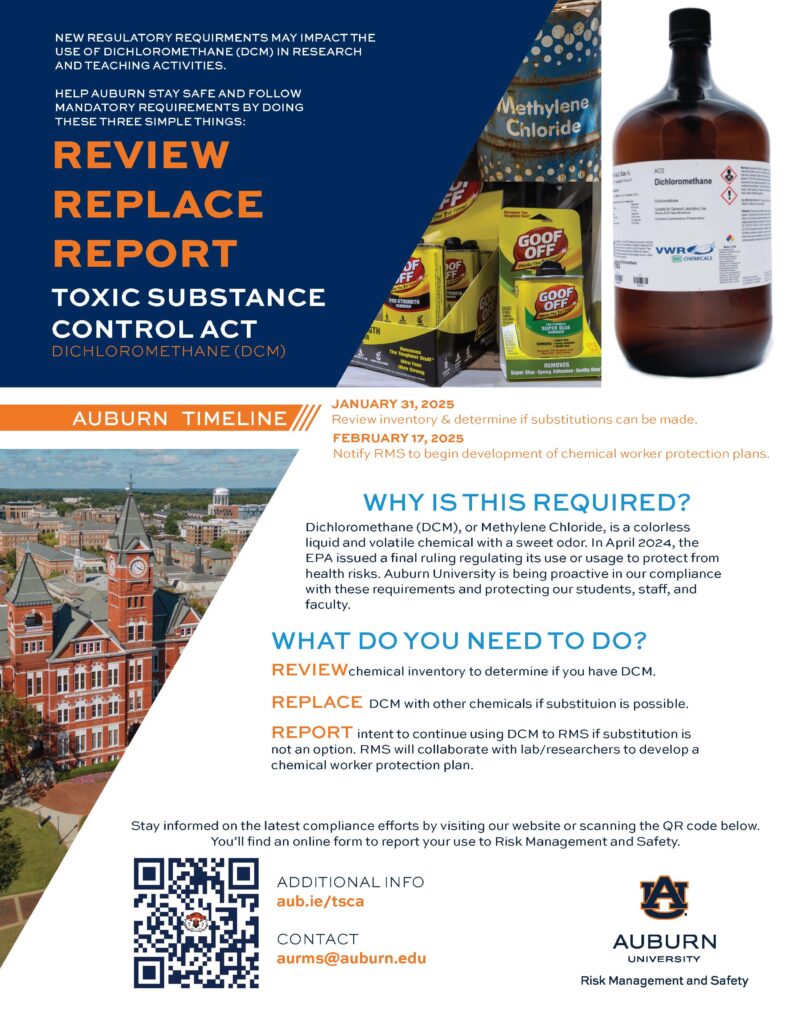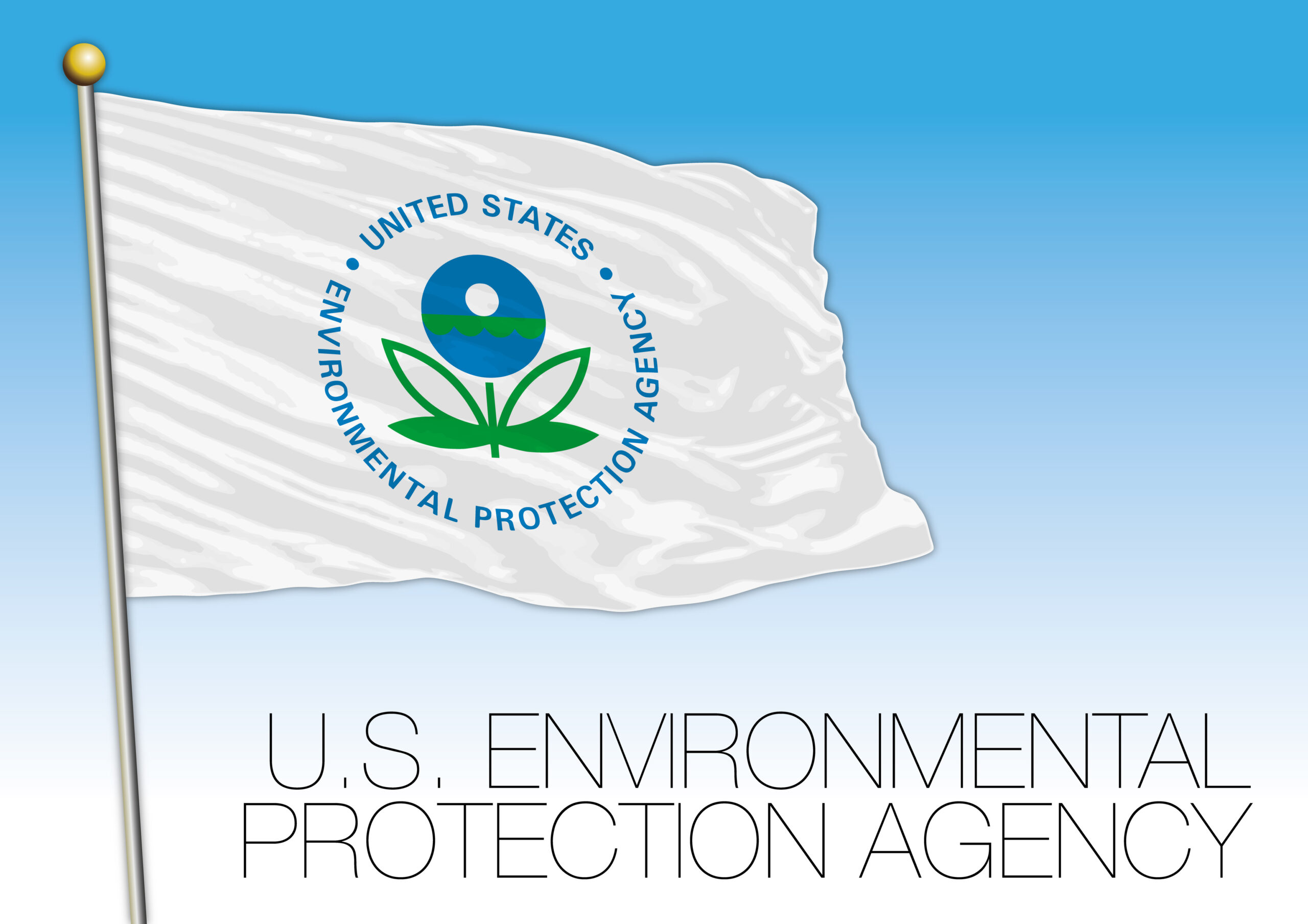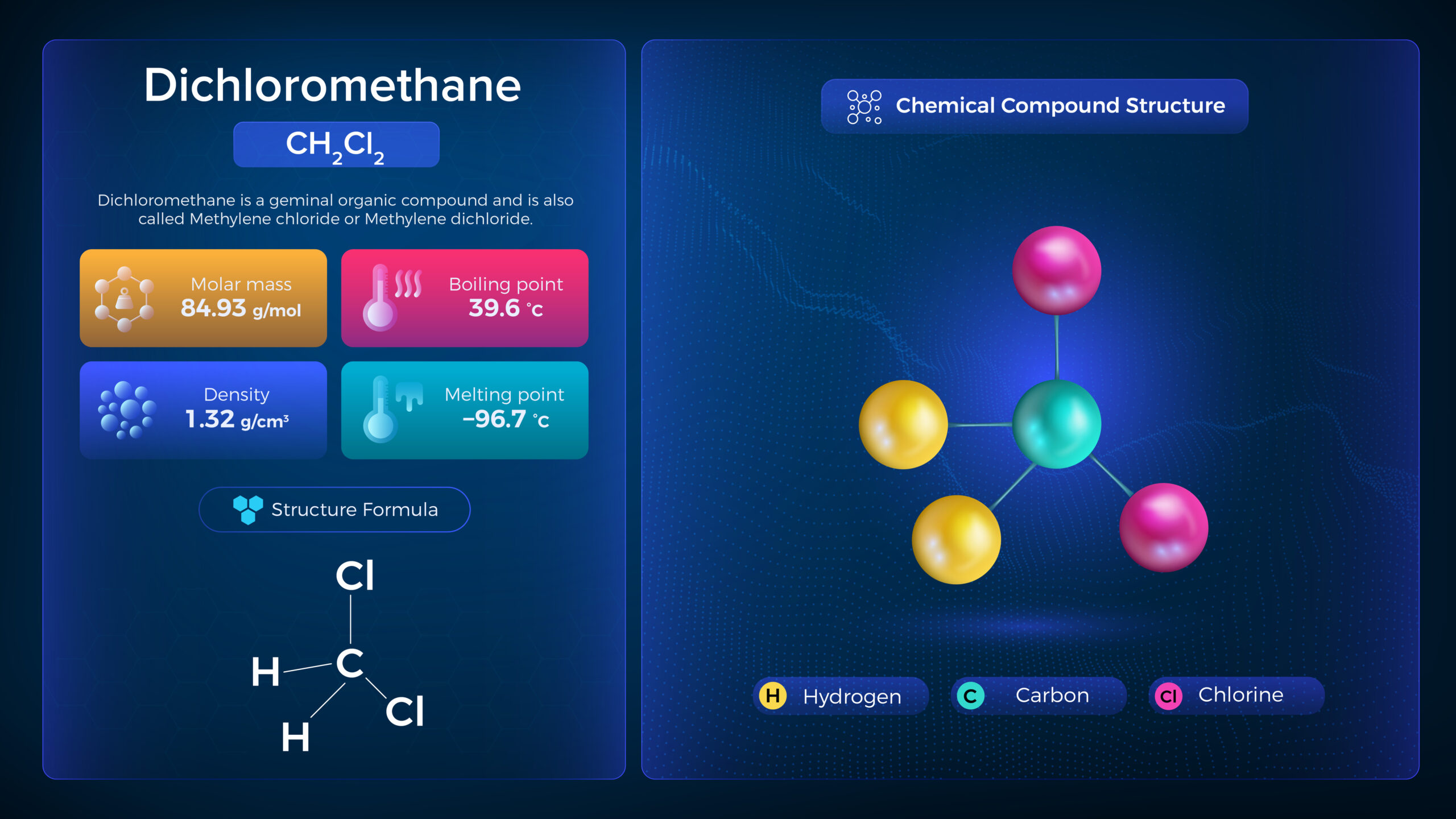Laboratories engaged in research must consider the applicability of the Toxic Substances Control Act (TSCA) on their operation. The Toxic Substances Control Act (TSCA), administered by the U.S. Environmental Protection Agency (EPA), is intended to ensure that the human health and environmental effects of chemical substances are identified and adequately addressed prior to production or transport of those substances. Activities regulated under TSCA can include:
- Research conducted for commercial purposes
- Importation and exportation of chemicals
- Shipment of chemicals to locations within U.S.
- Adverse significant reactions to chemicals
- Significant risks of chemicals discovered during research
Each laboratory or research group must determine if TSCA applies to their laboratory activities. The TSCA informational resources and tools listed are designed to assist you in this process. Laboratory Directors, PIs, and laboratory managers/supervisors should familiarize themselves with TSCA by referring to the TSCA Fact Sheet and TSCA Roles and Responsibilities.
The Toxic Substance Control Act also requires laboratory research personnel to forward any allegations of significant adverse environmental or health reactions to chemicals substances handled in the laboratory and report data generated as part of your research that suggests a chemical substance may present a significant risk to human health or the environment.
If you are involved in commercial activities, work at the pilot plant scale, or are using chemical substances in activities other than teaching, clinical or research laboratories, provisions other than those described on this site may apply. Contact EHS TSCA Coordinator for assistance in assessing your obligations under the EPA’s Toxic Substance Control Act.





